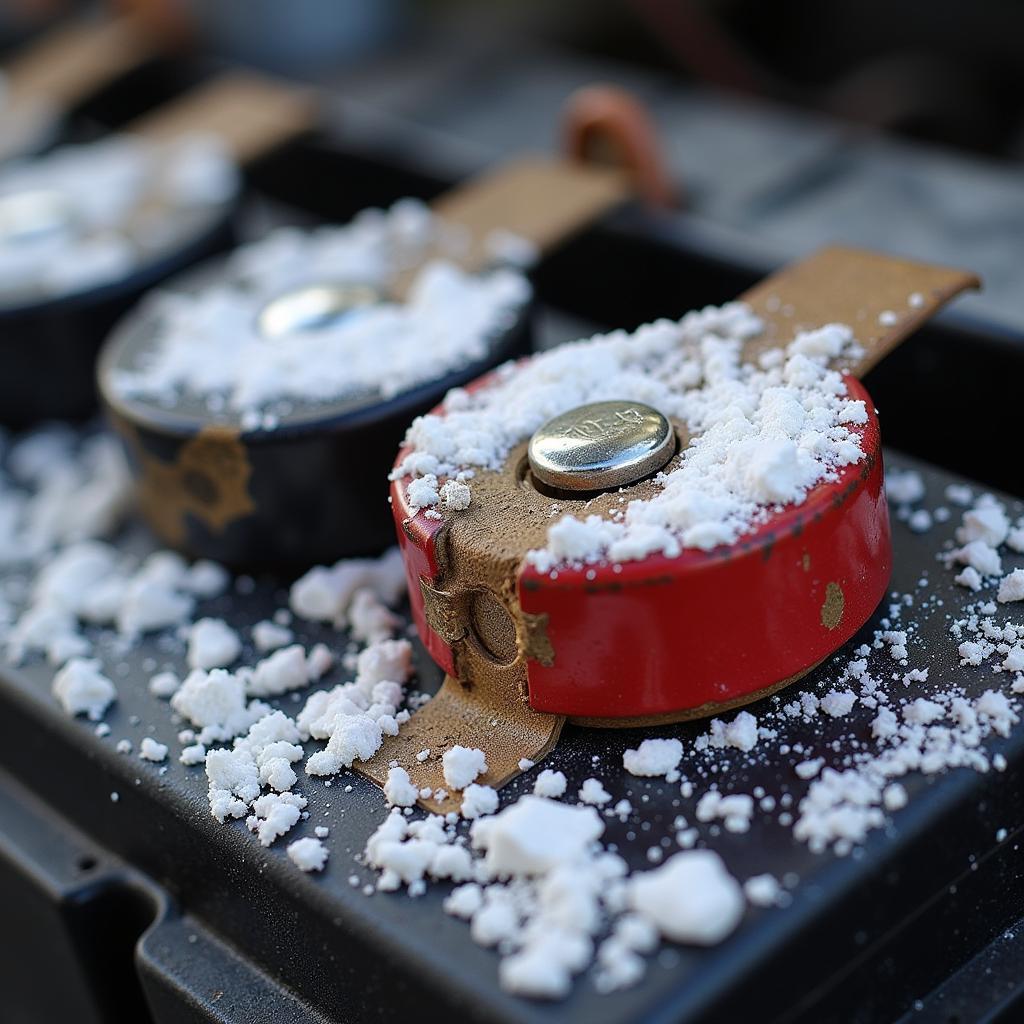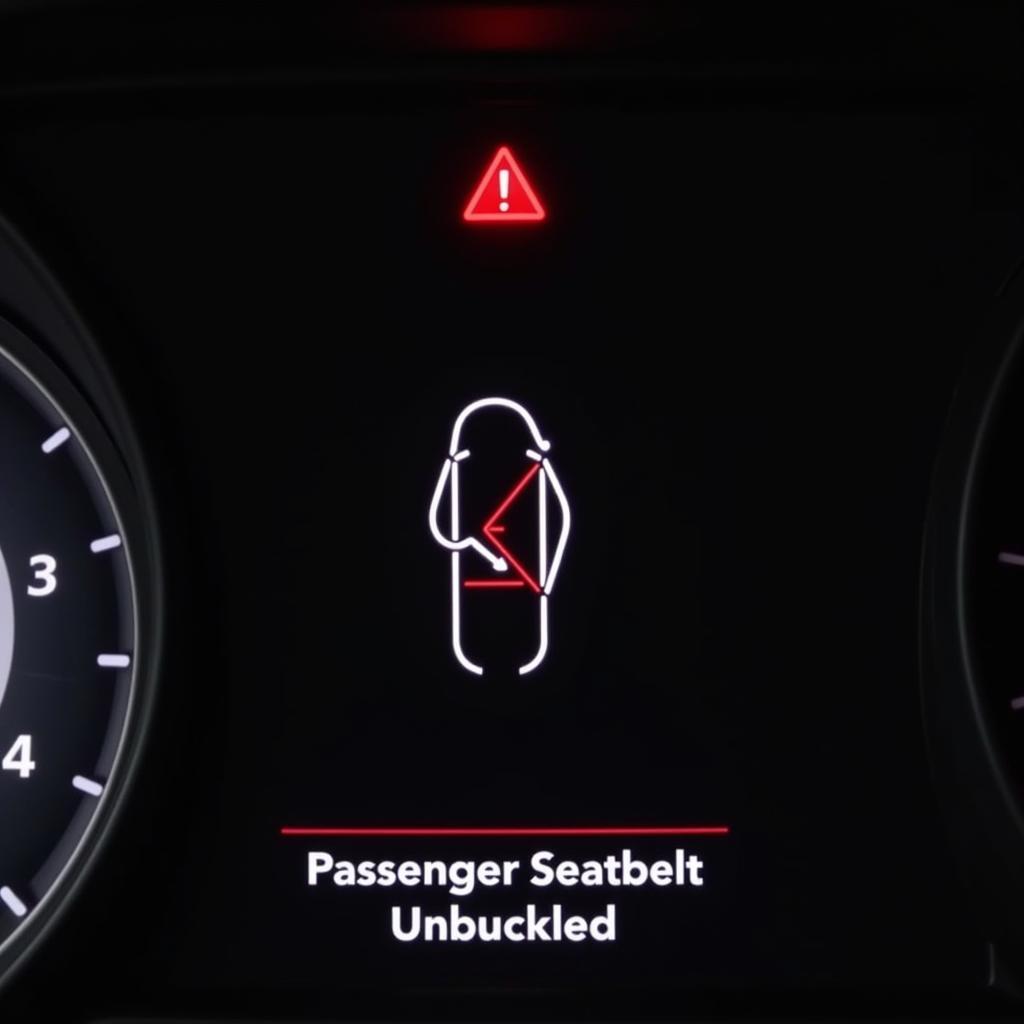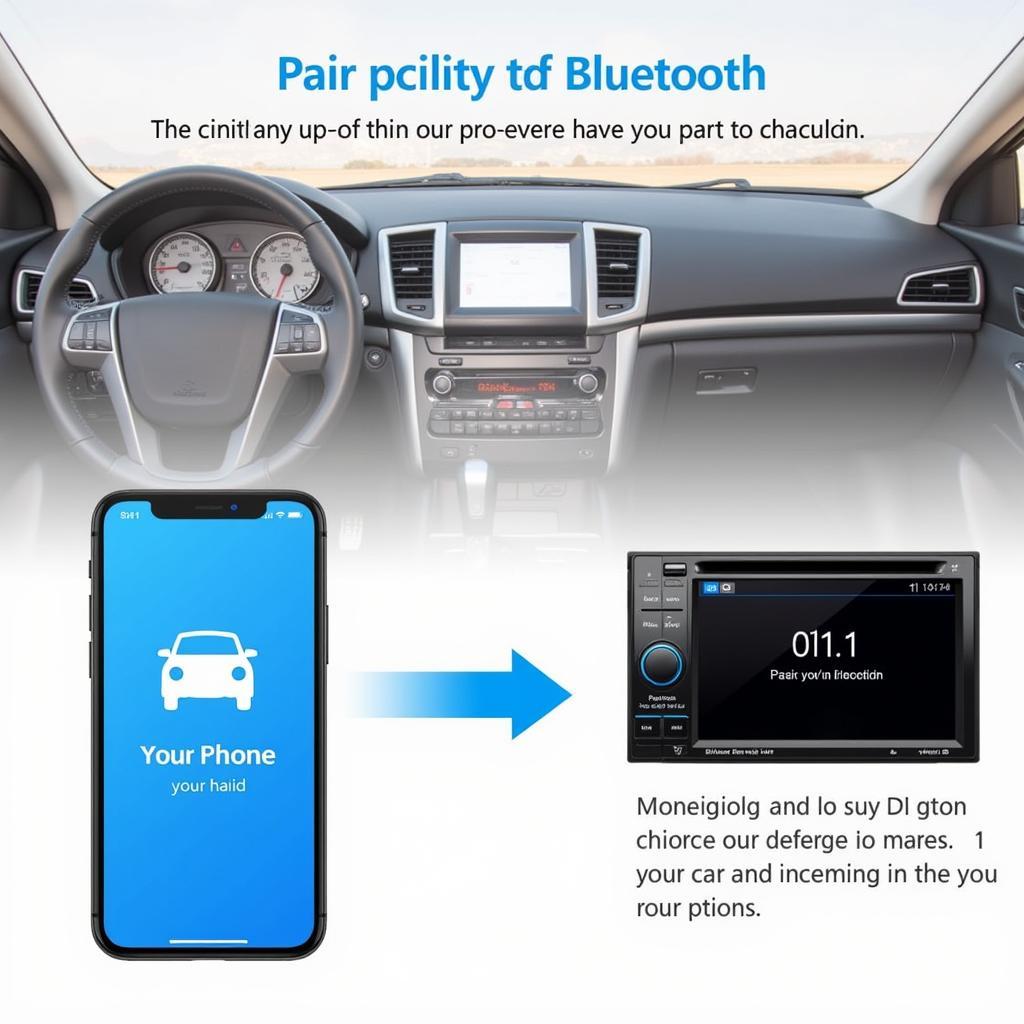A dead car battery is a frustrating experience, especially when it happens repeatedly. If you find yourself constantly saying “my car battery always discharge,” this guide will help you diagnose the problem and implement effective solutions. We’ll explore common causes, diagnostic procedures, and preventive measures to keep your car starting reliably.
Why Does My Car Battery Keep Dying?
There are several reasons why your car battery might be constantly discharging. Understanding the underlying cause is crucial for effective troubleshooting. These reasons can range from simple fixes like leaving your lights on to more complex issues requiring professional diagnosis.
Common Culprits Behind a Discharging Car Battery
- Parasitic Drain: This occurs when a component continues to draw power even when the car is off. Common culprits include interior lights, faulty door switches, or aftermarket electronics.
- Faulty Alternator: The alternator recharges the battery while the engine is running. A malfunctioning alternator will fail to replenish the battery, leading to a gradual discharge.
- Old Battery: Batteries have a limited lifespan, typically 3-5 years. As they age, their ability to hold a charge diminishes.
- Extreme Temperatures: Both extreme heat and cold can stress the battery, reducing its capacity and lifespan.
- Short Trips: Short drives don’t give the alternator enough time to fully recharge the battery, especially if you’re using power-hungry accessories like the heater or air conditioning.
- Corroded Terminals: Corrosion on the battery terminals can impede the flow of current, preventing the battery from charging properly and starting the engine.
 Corroded Car Battery Terminals
Corroded Car Battery Terminals
How to Diagnose a Car Battery Discharge Problem
Diagnosing a car battery discharge issue requires a systematic approach. Here’s a step-by-step guide:
- Visual Inspection: Check the battery terminals for corrosion. Clean them with a wire brush and baking soda solution if necessary.
- Battery Test: Use a multimeter or a battery tester to check the battery’s voltage. A fully charged battery should read around 12.6 volts.
- Parasitic Drain Test: With the car off and all accessories turned off, disconnect the negative battery cable and connect an ammeter in series. A reading higher than 50 milliamps indicates a parasitic drain.
- Alternator Test: With the engine running, check the battery voltage with a multimeter. It should read around 14 volts. A lower reading suggests a problem with the alternator.
Preventing Future Battery Discharge Issues
Proactive maintenance can prevent many battery discharge problems. Here are some key preventative measures:
- Regular Battery Testing: Get your battery tested every six months, especially before winter or summer.
- Clean Terminals: Keep the battery terminals clean and free of corrosion.
- Limit Short Trips: If possible, combine short trips or allow the car to run for a longer period to fully recharge the battery.
- Turn Off Accessories: Make sure all lights, radio, and other accessories are turned off when the car is not in use.
- Proper Storage: If storing your car for an extended period, disconnect the negative battery cable.
“My Car Battery Always Discharge” – Getting Expert Help
Sometimes, despite your best efforts, the battery keeps draining. In these situations, it’s best to seek professional help. A qualified automotive technician can pinpoint the exact cause of the problem using advanced diagnostic equipment. They can also perform necessary repairs or replacements, ensuring your car’s electrical system is functioning optimally.
“Regular battery maintenance is often overlooked, but it’s crucial for preventing unexpected breakdowns. A simple voltage check can save you a lot of hassle in the long run,” says John Smith, ASE Certified Master Technician.
Conclusion
Dealing with a constantly discharging car battery can be frustrating. By understanding the common causes, following the diagnostic steps outlined above, and implementing preventative measures, you can keep your car running smoothly. Don’t let a dead battery leave you stranded—take charge of your car’s electrical health today. Remember, if the problem persists, consult a qualified technician to address any underlying issues and ensure your “my car battery always discharge” woes are a thing of the past.
FAQ
- How long should a car battery last? Typically, 3-5 years.
- Can a bad alternator drain a car battery? Yes, a faulty alternator won’t recharge the battery.
- What is a parasitic drain? It’s when a component draws power even when the car is off.
- How can I test my car battery? Use a multimeter or a battery tester.
- What voltage should a fully charged car battery have? Around 12.6 volts.
- How can I clean corroded battery terminals? Use a wire brush and a baking soda solution.
- What should I do if my car battery keeps discharging? Consult a qualified automotive technician.



